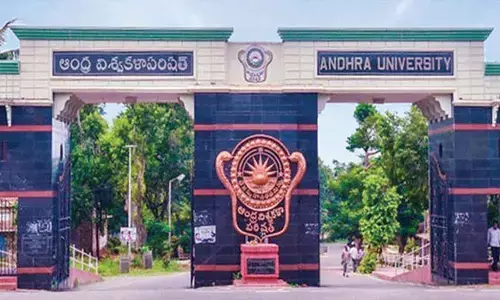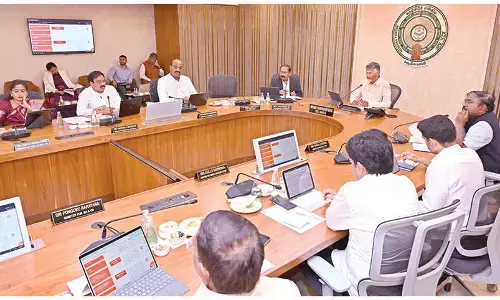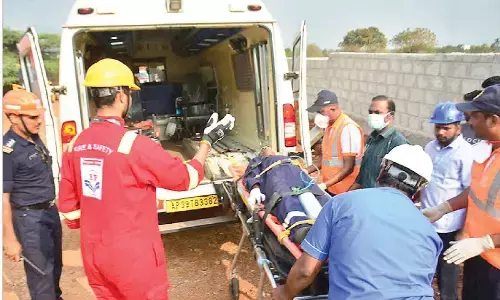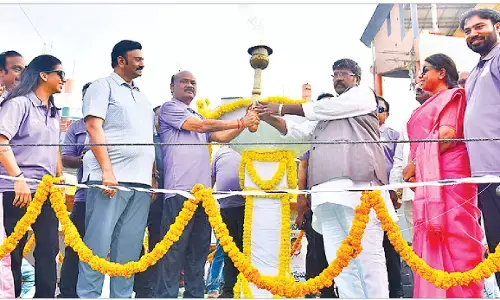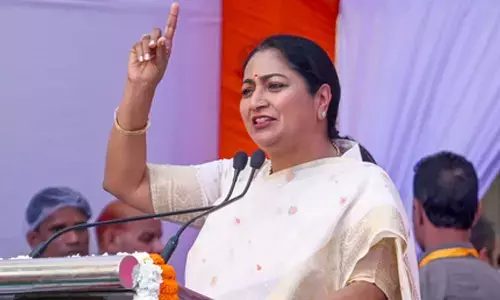Gene-mapping project can transform country's healthcare
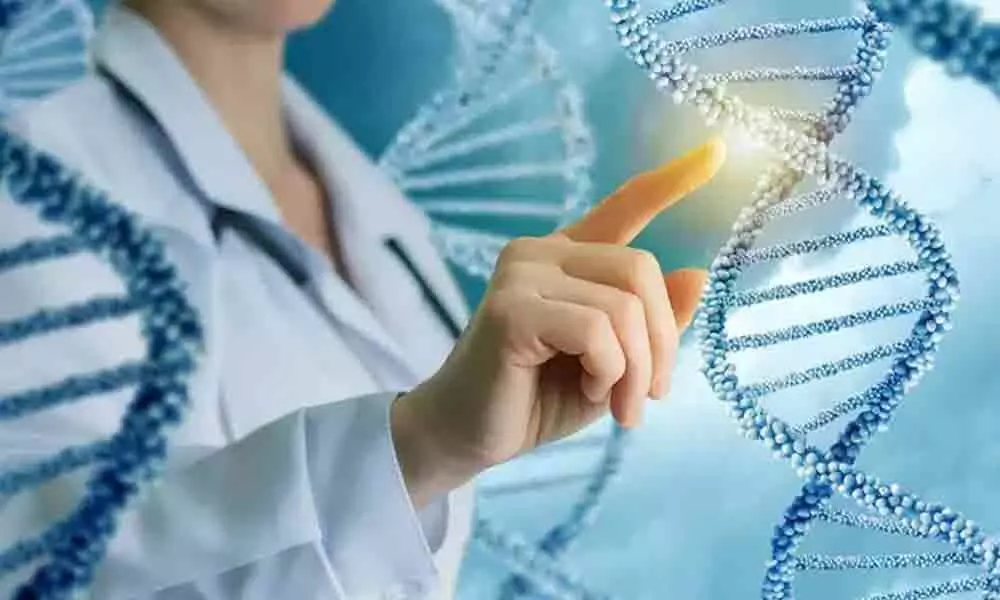
The government has cleared an ambitious gene-mapping project that is being described by those involved as the "first scratching of the surface of the vast genetic diversity of India".
The government has cleared an ambitious gene-mapping project that is being described by those involved as the "first scratching of the surface of the vast genetic diversity of India".
The project is among the most significant of its kind in the world because of its scale and the diversity it would bring to genetic studies. The Rs 238-crore ($33 million) Genome India Project will involve 20 leading institutions including the Indian Institute of Science (IISc) in Bengaluru and a few Indian Institutes of Technology (IITs).
It is set to be launched 'soon', though the exact date has not been announced yet. The institutions involved will work on different aspects of the project, including providing clinical samples and assisting with research. The IITs will help with new methods of computation, which are essential.
Cleared by the Department of Biotechnology (under the Department of Science and Technology) late last month, the first stage of the project will look at samples of "10,000 persons from all over the country" to form a "grid" that will enable the development of a "reference genome". The IISc's Centre for Brain Research, an autonomous institute, will serve as the nodal point of the project.
Steps to get the project underway started in 2017 when Infosys co-founder Kris Gopalakrishnan set up the Centre for Brain Research (CBR) at IISc for research in ageing and diseases such as Alzheimer's. As part of a two-pronged approach, Gopalakrishnan provided a generous funding of Rs 275 crore for a rural pilot project in Kolar and Tata Trusts came up with Rs 75 crore to fund the corresponding urban project in Bengaluru.
This is by far the biggest funding for pure science research in India. The pilot was conducted in Srinivaspura, a town located in Kolar district of Karnataka. The premise and promise of the Srinivasapura Ageing Senescence and Cognition (SANSCOG) project was that it could potentially help develop drugs more suited for Indian conditions and genetic construct eventually.
Drugs developed in the Western world and sold in India are pricey and may not be effective on the Indian gene. Mapping of India's genetic landscape is critical for next generation medicine, agriculture and for bio-diversity management.
To support this development, the government will initiate two new national level Science Schemes, to create a comprehensive database. When things fall in place, it will transform our healthcare because these days disease management is all about data.
Human genome sequencing has the potential to determine the role of individual genes and their ability to cause diseases. Data generated through these sequencing technologies offer opportunities to assess genetic predisposition to a disease, diagnose heritable cancers, and develop tests to prevent adverse drug reactions.
Examples include prenatal genetic testing for expectant couples to detect birth defects or genetic disorders, predictive genetic testing to diagnose heritable breast and ovarian cancers, and diagnostic genetic testing to confirm the possibility of monogenic disorders such as sickle cell anaemia and cystic fibrosis. (Let us hope a section does not start an anti-genome stir!)


